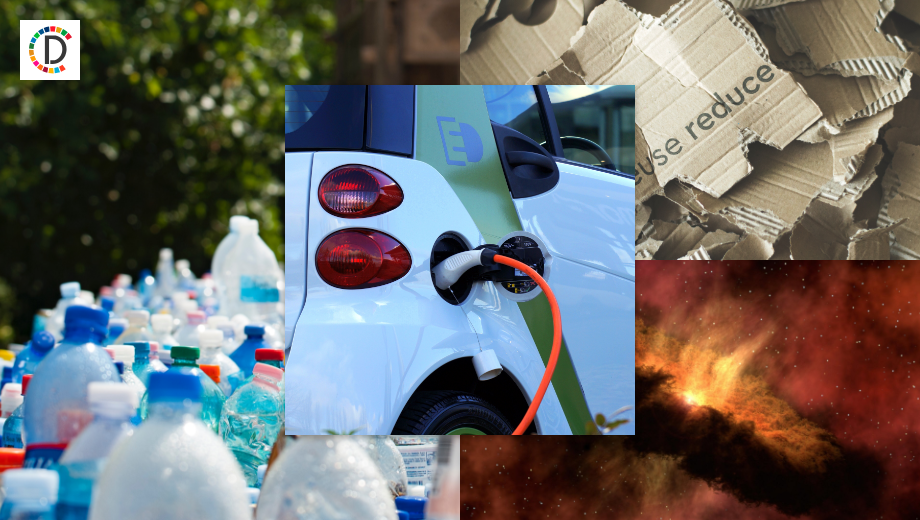Nepal's power sector fears it will lose 'competitive advantage' due to India's new policy on hydropower projects
Garg advised the Nepal government to request Indian authorities for providing facilities to Nepalese power producers at par with the domestic power producers in India in order to boost Nepals hydropower exports.

- Country:
- Nepal
Nepal's power sector fears that they will lose the competitive advantage in the Indian market following New Delhi's recent decision to waive off the Inter-State Transmission System (ISTS) charges to India's hydropower projects, a move they say will severely hit their exports. On December 2, India's Power Ministry announced a waiver of ISTS charges on wheeling electricity for 18 years for new hydropower projects. The waiver is already available to solar and wind power projects. The government has set an ambitious plan to have 500 GW of generation capacity from non-fossil energy-based sources by 2030. The waiver is applicable exclusively to domestic Indian power producers and power exported from Nepal is not entitled to this concession. In essence, this will make hydropower generated by Indian companies cheaper than what is being produced by Nepal, according to hydropower experts here. The waiver is already available for wind and solar projects. ''This is an internal matter of India to encourage domestic power projects. It will be good for us if the same facilities are available to Nepalese power producers as well," Deputy Managing Director of Nepal Electricity Authority Pradi Thike said. Similarly, under the Hydropower Purchase Obligation (HPO), Indian power distributors are required to purchase more hydropower every year from domestic producers, which is not applicable to Nepalese producers. "If India also granted a waiver of inter-state transmission system charges to hydropower imported from Nepal, it would be beneficial for Nepal's power producers, as they could export more hydro-electricity to India,'' said Ashish Garg, Vice-President of the Independent Power Producers Association of Nepal. Likewise, if the Indian government makes the HPO requirement applicable while purchasing hydropower from Nepal as well, that will boost Nepal's power exports to India, he added. Garg advised the Nepal government to request Indian authorities for providing facilities to Nepalese power producers at par with the domestic power producers in India in order to boost Nepal's hydropower exports. Nepal has exported electricity worth Rs 10.4 billion to India as of November 2022, since Nepal Electricity Authority resumed selling power in the Indian market in June this year.
(This story has not been edited by Devdiscourse staff and is auto-generated from a syndicated feed.)










